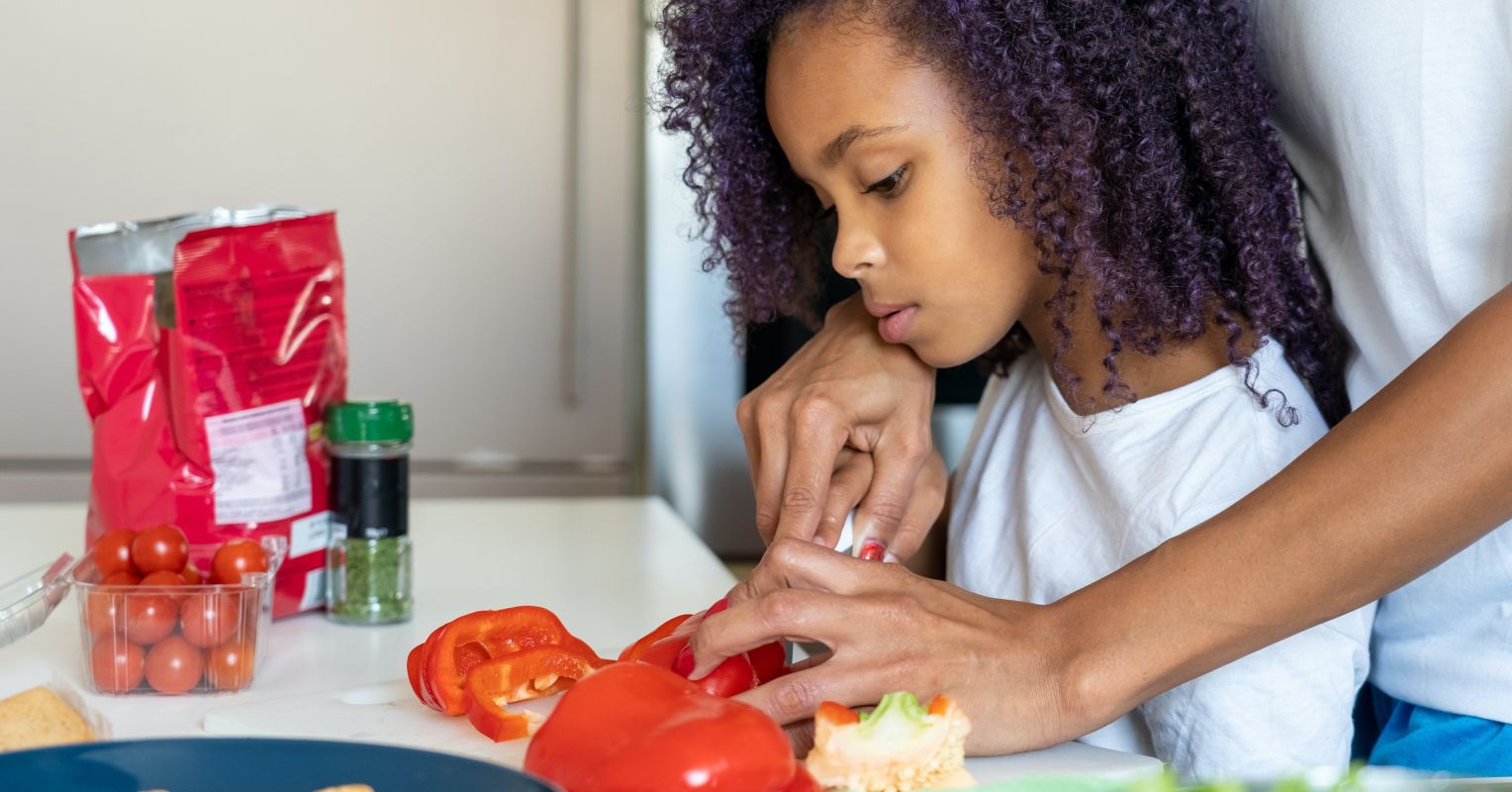A recent study published in the Journal of Social and Personal Relationships explored the correlation between overprotective parenting, emotional regulation, and anxiety in children. While previous research had established a connection between overprotective parenting and childhood anxiety, this study delved into the role of emotional regulation in this relationship.
In this study, 278 teenagers aged 14 to 17 from Switzerland participated by completing questionnaires regarding their parents’ level of overprotectiveness, their social anxiety symptoms, and their emotional regulation skills.
Key Findings
The research revealed that overprotective parenting was associated with higher levels of social anxiety in children, consistent with prior studies. Additionally, overprotective behavior correlated with emotional dysregulation in children, which in turn was linked to social anxiety. Statistical analysis indicated that emotional dysregulation partially explained the connection between overprotective parenting and social anxiety.
In Simple Terms: Overprotective parenting may hinder children’s emotional development, leading to increased social anxiety. This could be attributed to parents shielding children from negative emotions, limiting their exposure to different emotional coping mechanisms.
Study Limitations
Several limitations are worth noting. The reliance on children’s self-reports of parental overprotectiveness introduces potential bias. Moreover, the study focused on current levels of overprotectiveness without considering parental behavior throughout the child’s upbringing. Given the correlational nature of the research, causation cannot be definitively established between overprotective parenting and social anxiety or emotional regulation issues. It is plausible that parental overprotectiveness escalates in response to a child’s existing social anxiety or perceived emotional regulation challenges.
Parents of anxious children should understand that this study does not assign blame for their child’s anxiety. Various factors contribute to social anxiety development. Nonetheless, the study underscores the significance of granting children age-appropriate independence to foster essential skills like emotional regulation.
Practical Recommendations for Parents
To avoid overprotective parenting and facilitate the development of emotional regulation skills in children, consider the following strategies:
Encourage Emotional Growth: Allow children to confront negative emotions and learn to cope with setbacks. Permitting age-appropriate risks and mistakes helps them practice emotional regulation.
Foster Autonomy: Enable children to make decisions independently, even if they err. Taking responsibility for their choices aids in developing emotional regulation skills.
Emotional Literacy: Discuss and identify emotions regularly. Encourage children to recognize and understand emotions in various contexts to enhance emotional awareness.
Support Self-Regulation: As children mature, offer guidance but allow them to navigate their emotions autonomously. The goal is for children to regulate emotions independently.
Lead by Example: Demonstrate effective coping mechanisms to children by sharing how you manage challenging emotions. Model healthy conflict resolution and emotional expression.
Role-Playing: Engage in role-playing scenarios with children to help them navigate difficult situations and practice coping strategies collaboratively.
By implementing these strategies, parents can strike a balance between nurturing independence and supporting emotional growth in their children.

